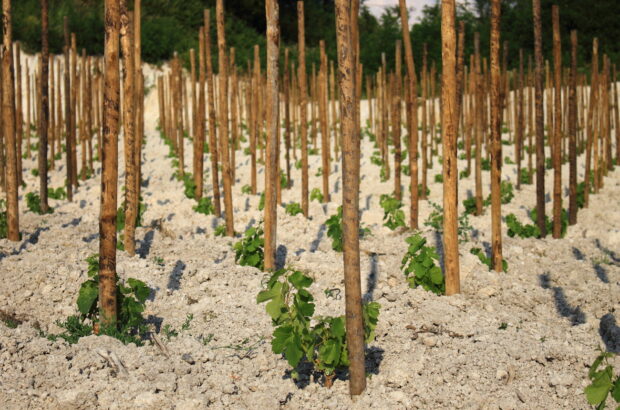A research project into old vines in southern Chile has identified 26 new varieties, previously unknown in the world, and over 60 ‘uncommon’ varieties growing in Bío Bío.
26 new grape varieties identified in Bío Bío
The project has been spearheaded by Viñas Inéditas-Terroir Sonoro winemaker Juan José Ledesma who has been researching the hundreds of unidentified vines in Bío Bío since 2011.
Over the last year, in collaboration with FIA and DNA-analysis by INEA, over 120 varieties have been identified growing in Bío Bío, 26 of which are not recorded anywhere else in the world.
“Most of the varieties have been planted in at least three different vineyards, which means they have been intentionally chosen as wine grape varieties rather than just being a local mutation,” explains Ledesma, who plans to make wines from these small vineyards of unknown varieties next year.
In the 2018 vintage Viñas Ineditas already vinified several of the ‘uncommon’ varieties, including Moscatel Negra, Isabella and San Francisco which will be released next year. Other grape varieties discovered include Palomino Fino, Hondarrabi Beltza, Mollar and Iona.
Making wines from these exotic varieties is part of the current research phase, however Ledesma hopes the discovery will have a much greater impact on the industry.
“We’ve found varieties that are naturally well adapted to climate change and different soil salinities, and have probably survived over 300 years as dry-farmed varieties in Bío Bío,” Ledesma told Decanter.com.
“We believe the genetic diversity found here is a base for sustainable viticulture for the future.”
Following the identification of the varieties, for which they used SSR molecular markers analysis, work with local growers (who are protected under a confidentiality agreement) will continue in order to preserve the varieties, investigate their history further and assess their application for the future.
Ledesma believes this may only be the tip of the iceberg.
“Bío Bío is immense and has been growing vines for almost 500 years, there’s much more for us to discover. It is a Tower of Babel on the shores of Bío Bío!”







